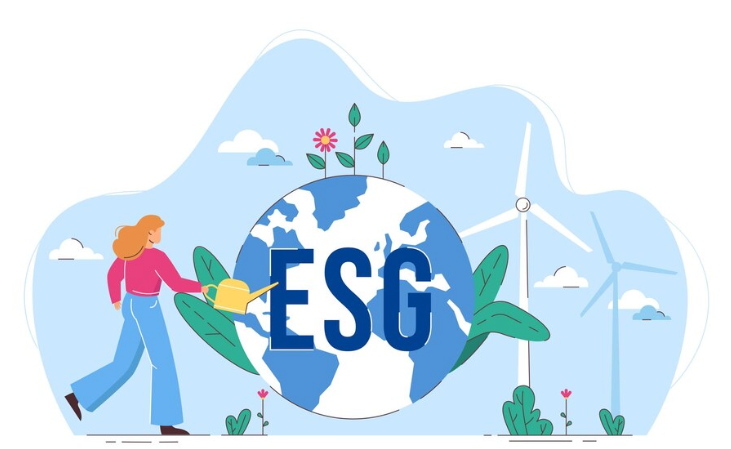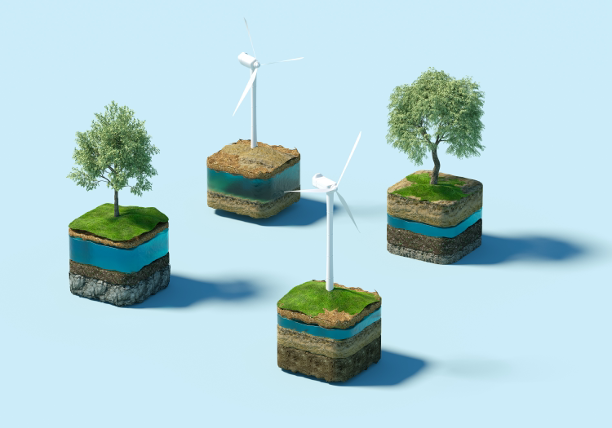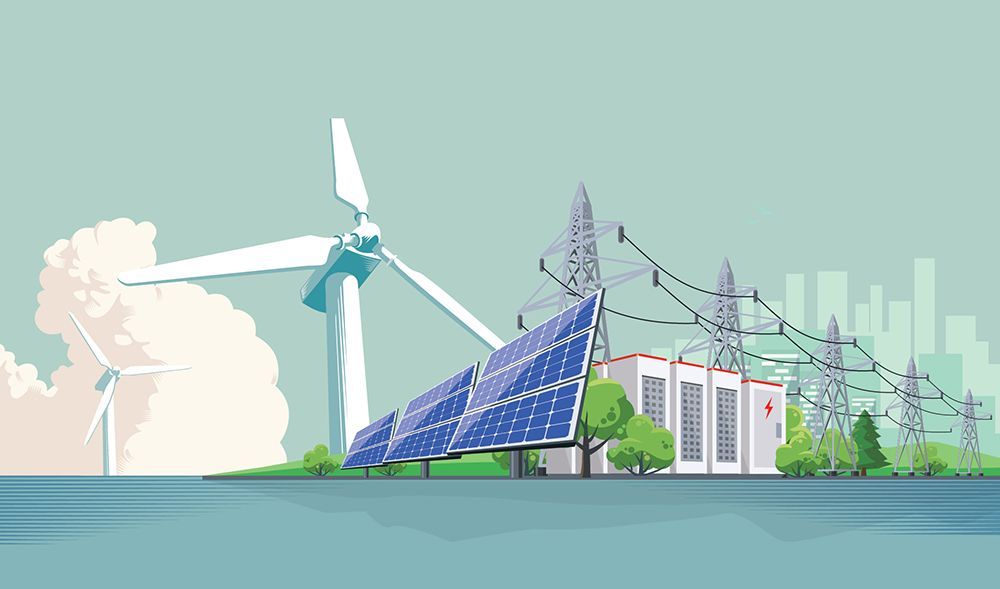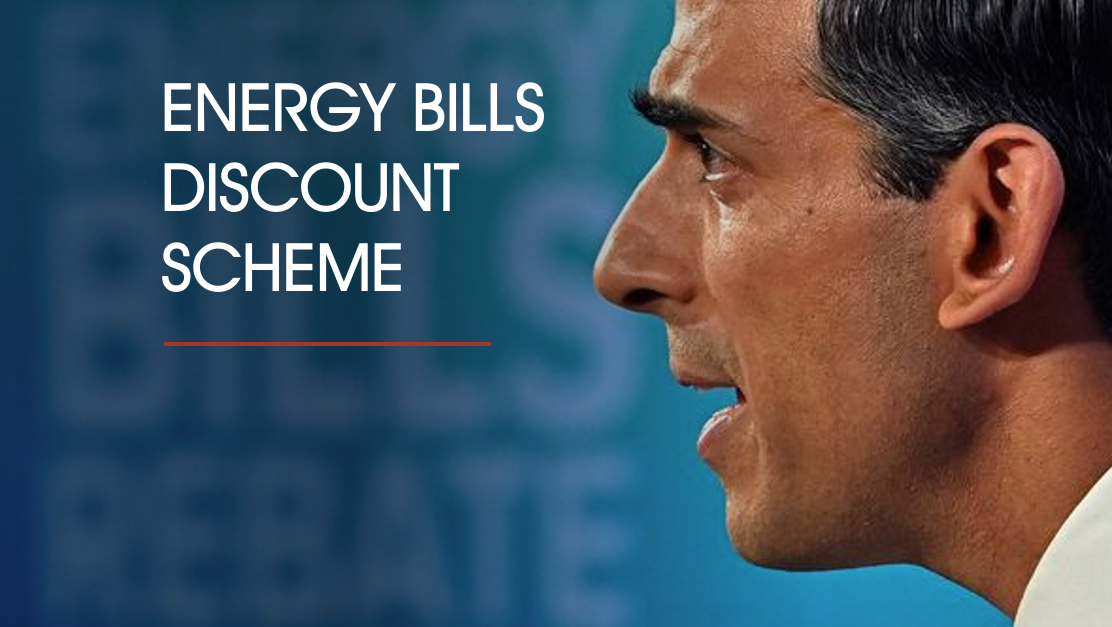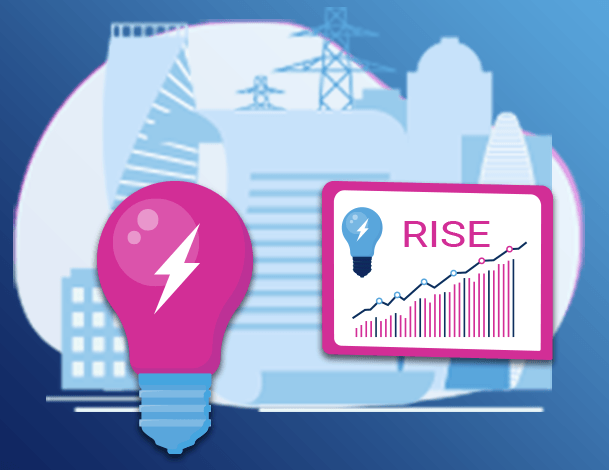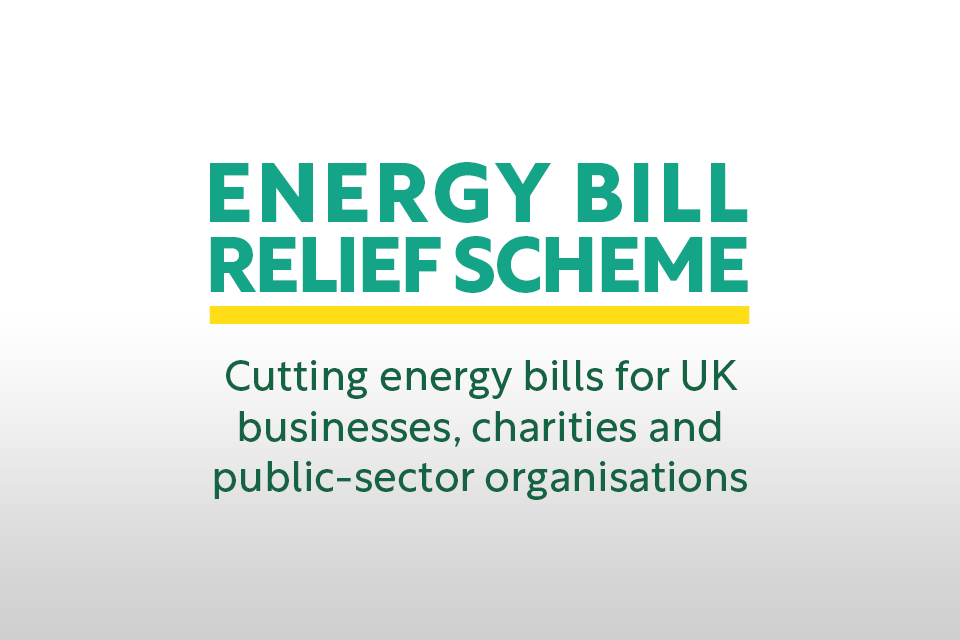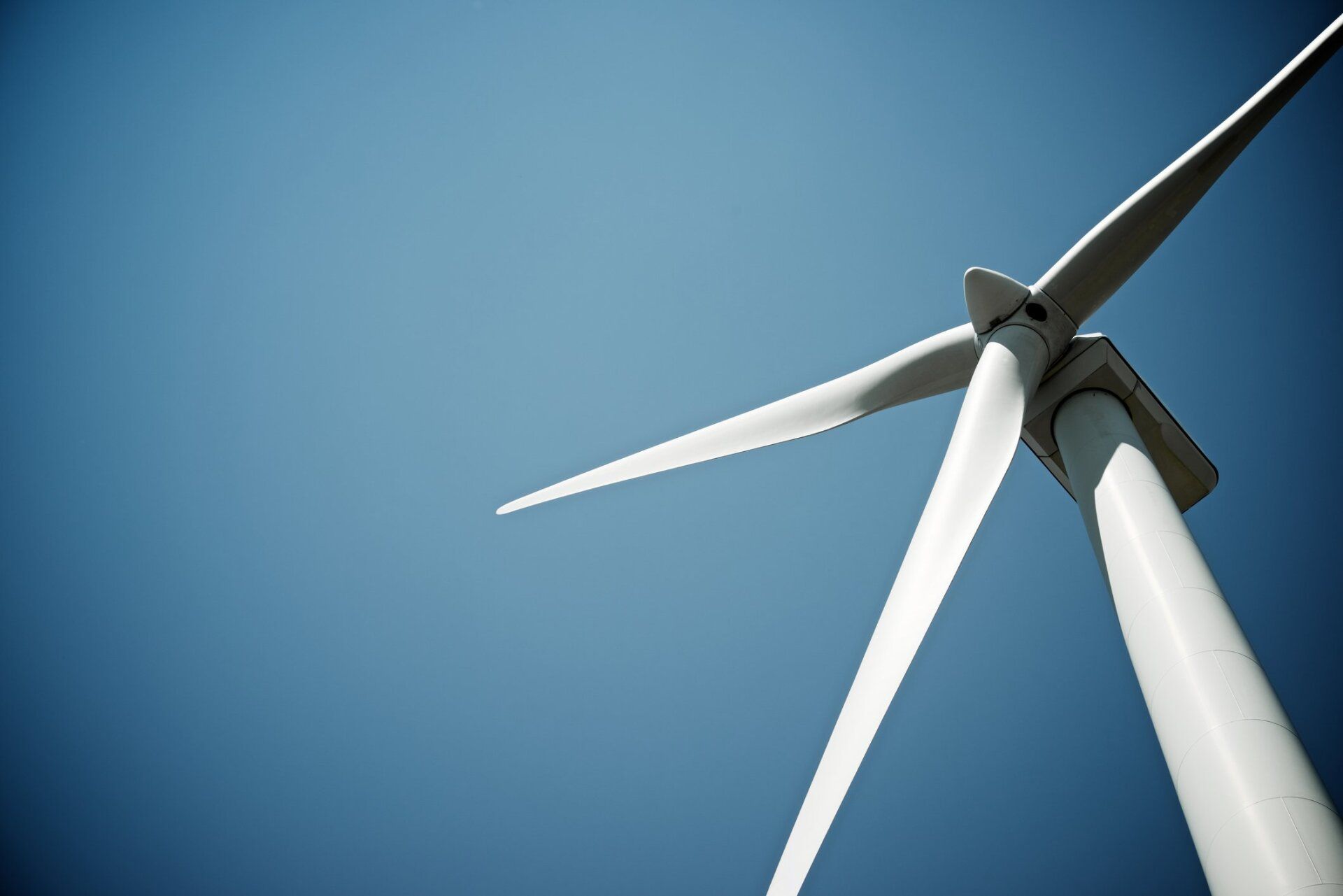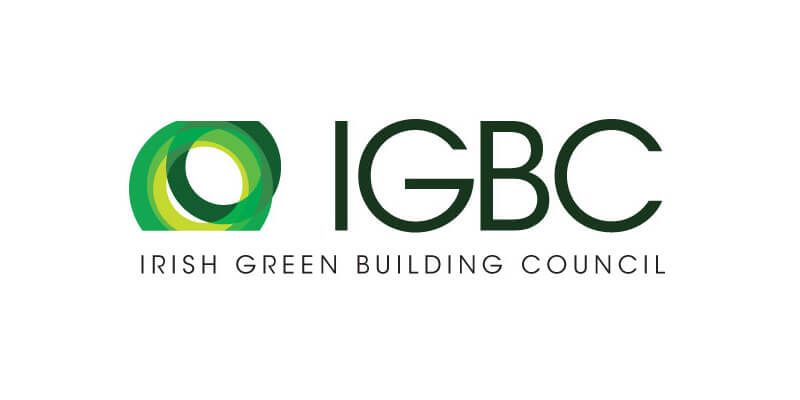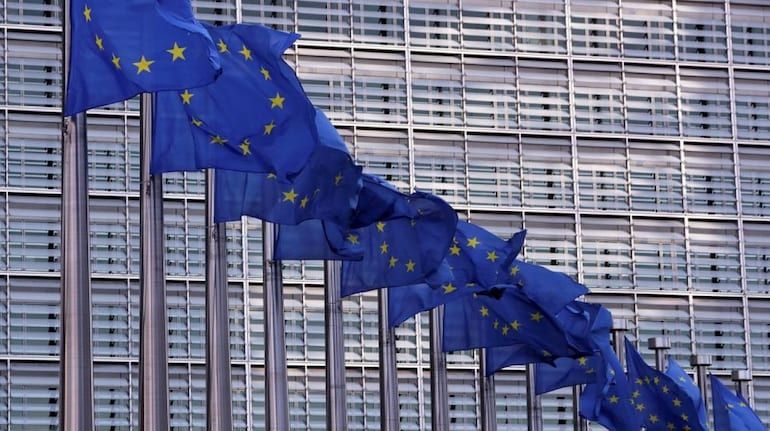
#Procurement
BACKGROUND
The European Commission is now taking a further step in proposing exceptional electricity demand reduction measures, which will help bring down the cost of electricity for consumers, as well as measures to redistribute excess revenue from the energy sector to the end customers.
"This proposal is in line with the measures previously adopted to ensure the sufficient gas stock facilities and to reduce the demand for it in preparation of the winter" Brussels note.
The Commission is also continuing its work to improve the liquidity of market operators, lowering the price of gas and reforming the organisation of the electricity market in the longer term.
SET TARGETS TO REDUCE CONSUMPTION
In order to target the most expensive hours of electricity consumption, when the production of electricity from gas has a significant impact on the price, the Commission proposes the obligation to reduce electricity consumption by at least 5 % during certain peak price times.
Member States will be required to determine the 10% of hours for when the expected price is the highest and to reduce demand during these peak hours.
The Commission also proposes that Member States set themselves the objective of reducing overall electricity demand by at least 10% until 31 March 2023. They can choose their own measures to achieve this reduction in demand, which can include financial compensation.
"The reduction in demand at peak times would lead to a reduction in gas consumption of 1.2 billion cubic meters this winter" underlines Brussels.
CAPPING PRODUCERS AT €180/MWh
The Commission is also proposing a temporary revenue cap for 'infra-marginal' electricity producers.
These are producers using lower-cost technologies, such as renewables, nuclear and lignite, which supply electricity to the grid at a cost below the price level set by the more "marginal" producers.
These infra-marginal generators have achieved windfall revenues, while their operating costs have remained relatively stable, as expensive gas-fired power plants have driven up the wholesale price of the electricity they receive.
The Commission therefore proposes to set the ceiling for inframarginal revenues at 180 euros/MWh.
This will allow producers to cover their investments and operating costs without jeopardising investments in new capacities, in line with our energy and climate objectives for 2030 and 2050.
Revenue above the cap will be collected by Member State governments and used to help energy consumers lower their bills.
Member States engaged in electricity trading are encouraged, in a spirit of solidarity, to enter into bilateral agreements to share part of the inframarginal revenues collected by the producer State for the benefit of end users in the Member State whose electricity production is low.
Such agreements will have to be concluded by 1 December 2022 when a Member State's net electricity imports from a neighbouring country are at least 100%.
FOSSIL FUEL PRODUCERS TO IMPLEMENT SOLIDARITY CONTRIBUTION
The Commission also proposes the introduction of a temporary solidarity contribution on excess profits generated by activities in the oil, gas, coal and refining sectors which are not covered by the ceiling on inframarginal revenues.
This time-limited contribution would maintain investment incentives in favoUr of the Net-Zero transition. It would be levied by Member States on the profits of 2022 exceeding by more than 20% the average profits of the three previous years.
Revenue would be collected by Member States and redirected to energy consumers, including vulnerable households, hard-hit businesses and energy-intensive industries.
Member States can also finance cross-border projects in line with the objectives of the REPowerEU plan or use part of the revenue for the joint financing of measures to protect jobs or promote investment in renewable energy and energy efficiency.
POSSIBILITY TO EXTEND REGULATED TARIFFS TO COMPANIES
As part of a new intervention, the Commission is also proposing to extend the range of instruments on energy prices available to consumers in order to support them. The proposals would allow regulated electricity prices below cost for the first time and would expand regulated prices to also cover small and medium-sized businesses.
Would you like to know more?
Or do you have any questions about one or more of these topics?
Feel free to contact us at hello@bramoenergy.com.
More to learn.





